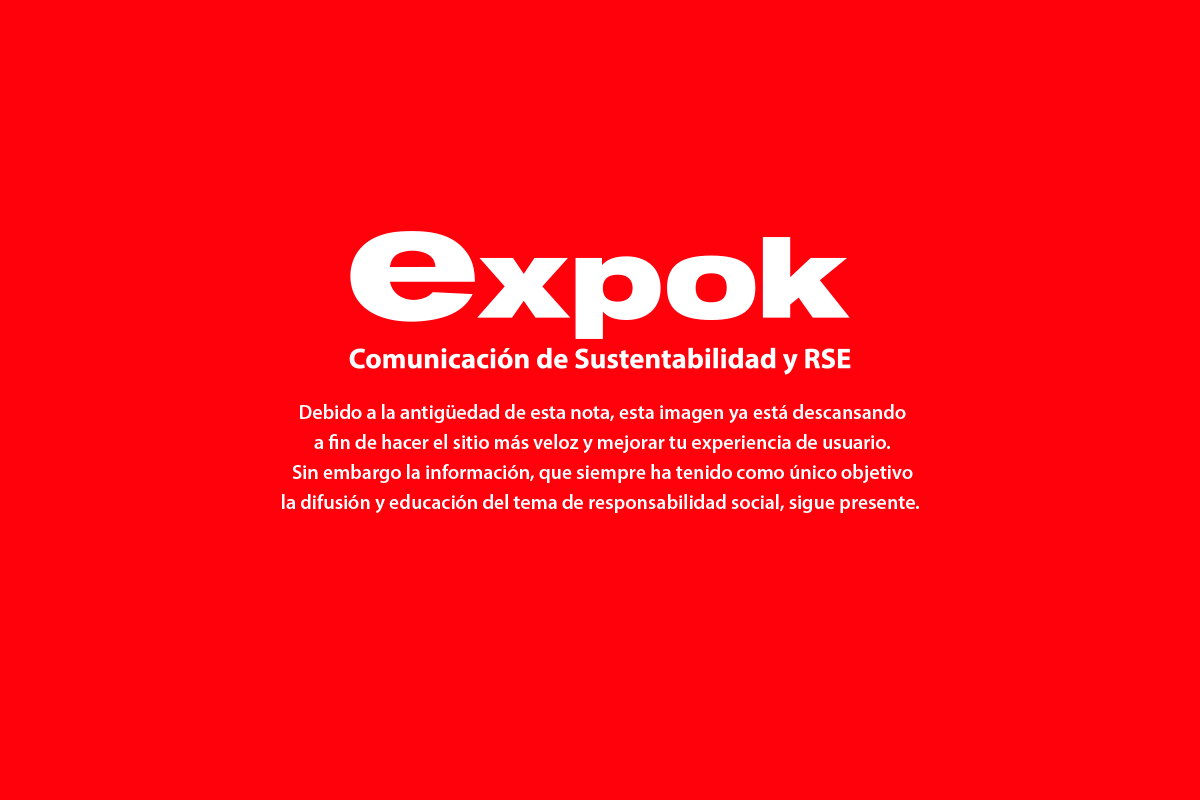It can be difficult to find a place to recycle toothbrushes, toothpaste tubes, dental floss boxes, beauty product containers, No. 6 plastic Solo cups, cereal bags and granola wrappers, Emily Hopta said.
But Hopta, a parent volunteer at
Charleston Montessori, started a program at the private school in May 2013 that seeks to keep such items out of landfills.
By the end of last year, the 45-student school had recycled more than one ton of material.
“We’re a small student body, but [are] making a pretty big impact,” Hopta said. She said the school kept a running total of the recycled amount as a motivator.
“The children realized they recycled the weight of a polar bear,” she said. “It’s just a fun visual.”
Hopta said most of the recycled items come from the students themselves, though Charleston Montessori has partnered with local businesses to recycle their stuff, too.
She said the Charleston office of the Kay Casto & Chaney law firm deposits the Solo cups from its water cooler into a bin that a family from the school collects.
The school, on Charleston’s West Side, also collects the No. 6 plastic cups from Taylor Books and Edgewood Country Club in Charleston and First Presbyterian Church in Dunbar.
It also takes the plastic beauty product containers from local salons.
Hopta said that, in November, a friend of the school collected 63 pounds of Gu Energy Labs gel packets at the Chicago Marathon. The school also collected gel packets discarded by Charleston runners.
The school partners with Trenton, New Jersey-based TerraCycle, which itself partners with various companies to recycle their waste. TerraCycle says its collection programs operate in 20 countries.
The school won $500 for the Gu gel packet recycling contest, bringing the total amount raised through the program to $1,800. Hopta said $400 will go toward classroom materials, and $1,400 toward the school’s scholarship program that helps kids pay the tuition.
Hopta said other companies that have rewarded the school and local charities in recognition of the recycling program are Tom’s of Maine, a personal-care products company that donated $250 to the school and 250 toothpaste tubes to Covenant House of West Virginia, a Charleston-based nonprofit that aids the homeless and others in need; and Huggies, which donated diapers to the YWCA.
Lauren Taylor, TerraCycle’s global director of communications, said some products it receives are reused, but generally the items are shredded and melted down into recycled plastic and turned into pellets.
“It might go into a playground, a picnic table, a park bench, anything,” Taylor said.
She provided what she said were third-party reports to the Gazette-Mail that indicate that recycling such materials — including shipping costs incurred related to the recycling — has less of an environmental impact than discarding the materials. But she said the reports weren’t for publication.
Jennifer McGee, a co-director of school, said parent volunteers help store materials before they’re mailed, and children at the school, who span ages 3-12, sort materials. She said the school can ship boxes of materials using free shipping labels printed from TerraCycle’s website.
McGee said businesses interested in providing materials to the school can call
304-340-9000 and can visit
www.terracycle.com to see what items can be recycled. Individual donations currently aren’t being accepted.
Like the Kanawha County Solid Waste Authority, the school doesn’t accept glass.
McGee explained that, as children gets older, the school wants to expand their sense of community from just playing with friends to, eventually, thinking globally.
“We really try to get them interacting with their school community and then, eventually, the local community and beyond,” she said.
 Las personas que apoyan causas específicas son más propensas a gastar su dinero en empresas que comparten sus intereses. Hay que encontrar maneras de usar las redes sociales para educar y entretener a la gente sobre tu causa, para crear conciencia de marca e incrementar los ingresos.
Las personas que apoyan causas específicas son más propensas a gastar su dinero en empresas que comparten sus intereses. Hay que encontrar maneras de usar las redes sociales para educar y entretener a la gente sobre tu causa, para crear conciencia de marca e incrementar los ingresos.